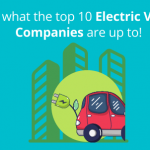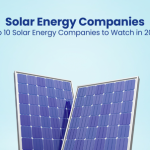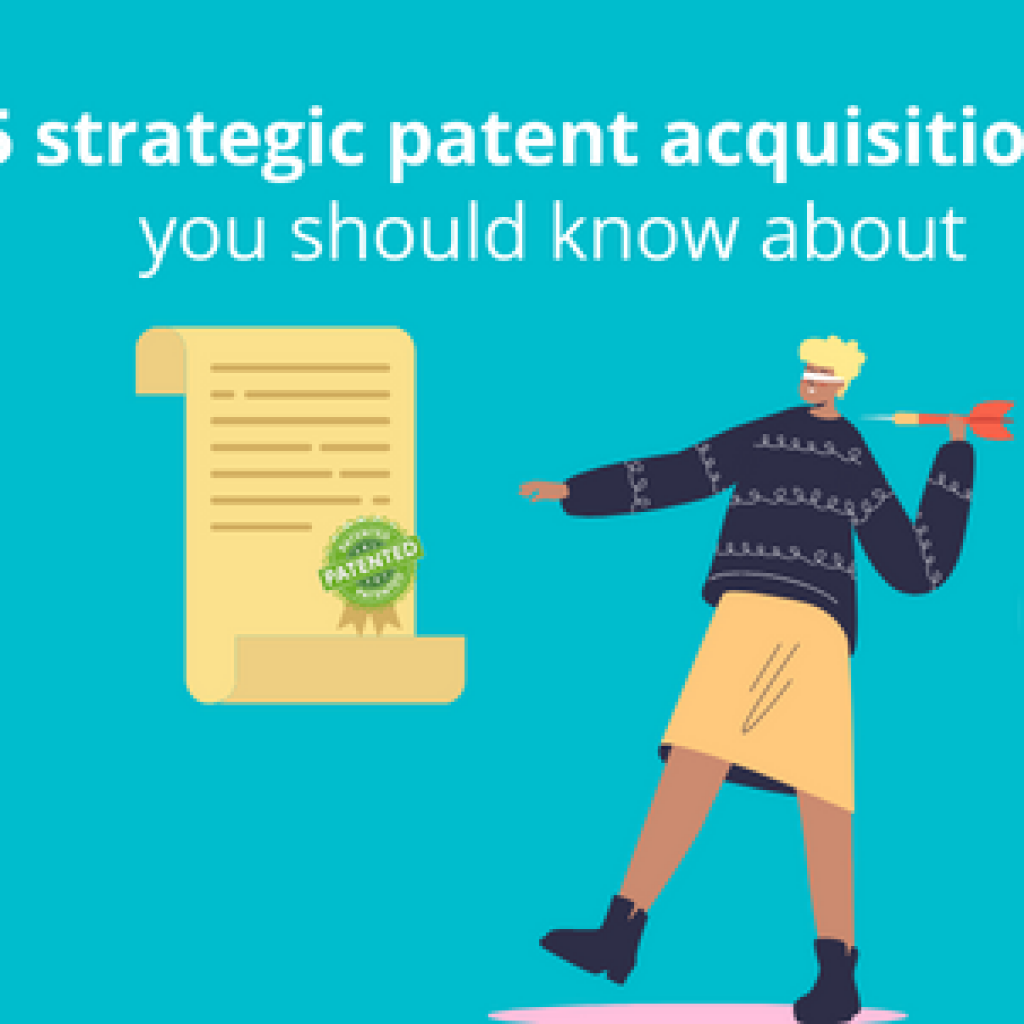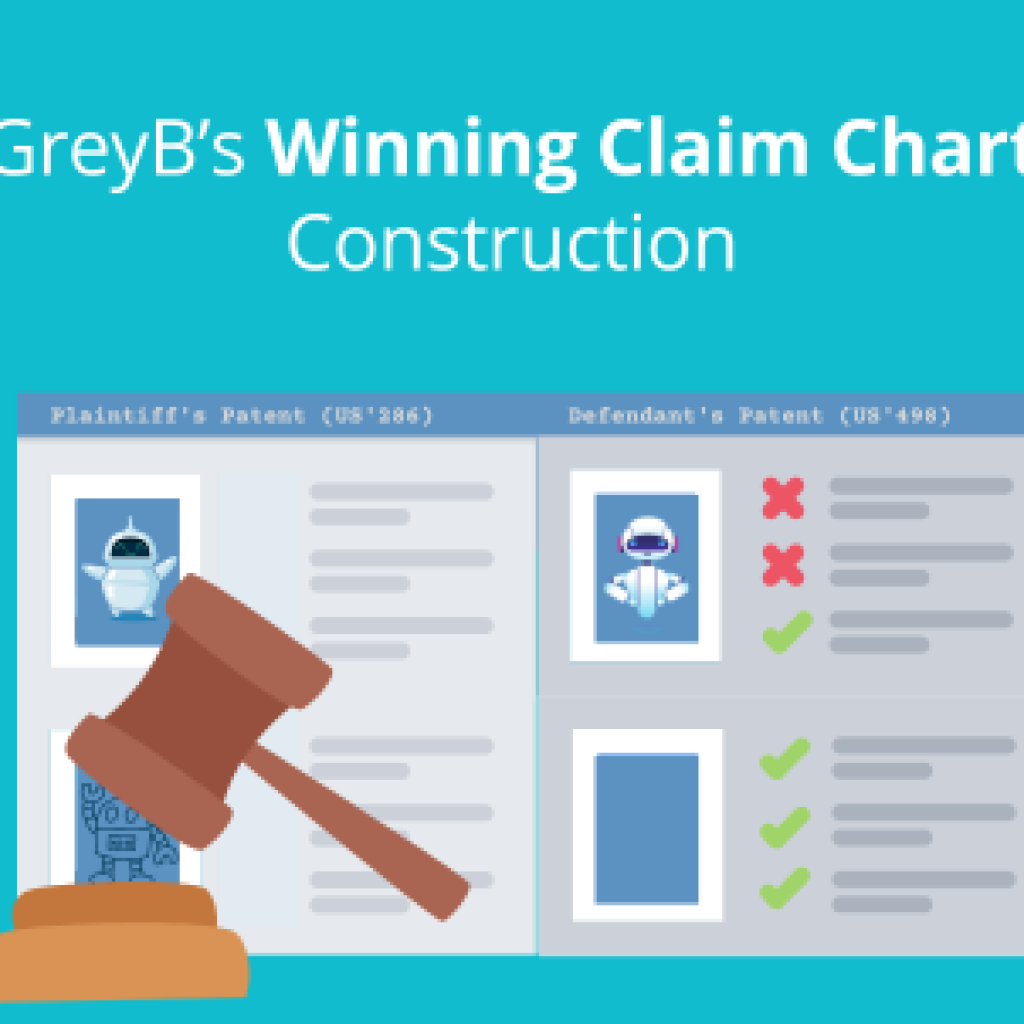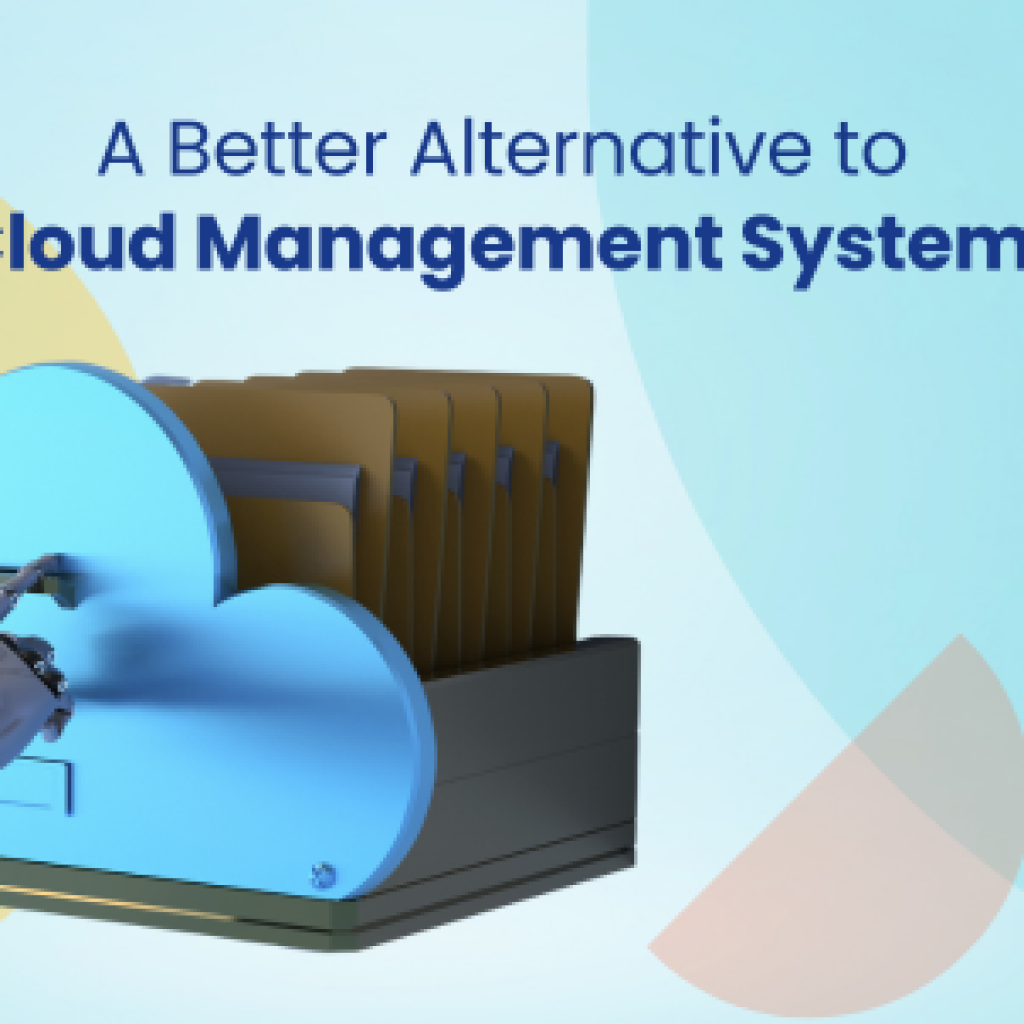In 2021, the global advanced lithium-ion batteries market was valued at $15.03 billion and is expected to increase and reach $112 billion by 2030. During the forecast period, the market will grow at an approximate CAGR of 25%. (Source)
Global Advanced Lithium-Ion Batteries Market Size during 2021-2030 ($Billion)

Looking at the figures, it is quite evident that Lithium-ion (Li-ion) batteries are now the leading technology for electrical energy storage. But what can be causing this boost in this domain? Well, high performance and low cost are huge contributors to this growth.
However, as the demand for electrification in the transport sector and industry processes increases, lithium-ion batteries may not meet all the power and energy density requirements, cost, and scaling targets in these large-scale applications. Additionally, environmental and supply concerns have accelerated research into the next generation of electrochemical energy storage and conversion systems, with advanced lithium-ion batteries becoming increasingly important.
Therefore, to establish a stronghold in this industry, it is crucial to understand Advanced Lithium-Ion Batteries and its current players in detail before setting foot in it. Well, you do not have to look further; we will take you through these essential insights in this article.
So, what are you waiting for? Let’s dive right in.
Advanced Lithium-Ion Batteries Advantages
Advanced Lithium-Ion Batteries are high-capacity, long-lasting batteries developed for mobile battery stations, electric cars, and electronic devices. A lithium-ion battery is a high-tech battery that employs lithium ions as an important component of its electrochemical processes. Lithium atoms in the anode are ionized and separated from their electrons during the discharging process.
Improved Stability And Capacity – Due to the extensive and rising use of portable electronic gadgets, rechargeable, high-energy-density batteries are in high demand. These batteries are widely utilized due to their great performance, although they are generally expensive to produce and frequently pose safety issues.
An advanced Li-ion battery uses cobalt oxide film as an electrode. The film is produced by bacteriophage particles and improves the lithium-ion battery’s durability and capacity. It can be manufactured in a wide range of shapes and sizes while maintaining structural integrity.
High Energy Density – With electronic equipment such as mobile phones requiring longer battery life while still consuming more power, batteries with a considerably higher energy density are continuously in demand. Power applications range from power tools to electric cars. The substantially higher power density provided by advanced lithium-ion batteries is a significant advantage for electric vehicles. (Source)(Source)
Advanced Lithium-Ion Batteries Challenges
Excessive Heating – Batteries are utilized in various applications, including automobiles, electrical systems, and civil airlines. These batteries can store significant amounts of energy in compact places, but they heat up quickly and may catch fire if something goes wrong. Overheating of the batteries can occur due to high-rate discharge or an anomalous discharge rate, such as a short circuit. (Source)
Required Low-Temperature – Lithium-ion batteries are widely used for portable electronics, but there is an increasing need for reliable storage of electrical energy in other applications, like electric vehicles, grid storage, space exploration, defense applications, and subsea operations. However, each of these applications has different performance requirements over time, including different rates and pressures and, often, most critically, different temperatures. The required low-temperature capabilities shown in the image below can be a critical roadblock toward using lithium-ion batteries in commercial state-of-the-art applications. (Source)

Advanced Lithium-Ion Batteries Companies
1. 24M
24M is solving the grand challenge of energy storage with the invention of a semisolid lithium-ion battery cell.
Unlike traditional lithium-ion processes and products, this company’s SemiSolid cell manufacturing process and platform create a new category of lithium-ion cells. Such cells are low-cost, high-energy density, exceptionally safe, and dependable. Eventually, they accelerate the transition to a better energy future.
The ground-breaking manufacturing and chemistry-agnostic platform from 24M supports current and next-generation cell chemistries and technologies such as Silicon Electrodes, Dual Electrolyte Systems, and Pre-Lithiation implementation. (Source)(Source)
Important Deals
In Sep 2022, 24M Technologies, Inc. announced that it had licensed its SemiSolid manufacturing technology to FUJIFILM Corporation. Fujifilm would invest $20 million in this advanced lithium-ion batteries company as part of its partnership. This new deal builds on Fujifilm’s past investments in 2020. (Source)

2. Enovix
Enovix is a pioneer in developing and producing advanced silicon-anode lithium-ion batteries. The company’s patented 3D cell architecture boosts energy density while preserving cycle life. This company is constructing a volume production plant for advanced silicon-anode lithium-ion batteries in the United States. Additionally, this firm is also developing its 3D cell technology and manufacturing process for the electric vehicle and energy storage businesses to facilitate the broad use of renewable energy. (Source)(Source)
The company has also introduced its groundbreaking BrakeFlowTM technology, an intra-cell system that improves abuse tolerance. (Source)
BrakeFlow Technology


3. A123 Systems LLC
A123 Systems LLC is a recognized supplier of advanced lithium-ion technologies and batteries to automobile OEMs and sectors worldwide.
(Source)

This company’s proprietary Nanophosphate technology developed is based on innovative nanoscale materials created at the Massachusetts Institute of Technology (MIT). Not just that, its proprietary UltraPhosphate technology was designed to increase power by lowering resistance over the whole operating temperature range. As a result, the cells offer significant advantages in virtually every power application, including exceptional cold cranking power in a starting battery and so little self-heating in a 48V system that active cooling is frequently unneeded. (Source)(Source)
Important Deals
In 2014, A123 Systems LLC acquired certain intellectual property and technical staff from Leyden Energy. Leyden’s intellectual property in battery materials, including lithium titanate (LTO) and non-flammable electrolyte advancements, was purchased for an unknown amount. (Source)
Advanced Lithium-Ion Batteries Startups
1. Sila Nanotechnologies Inc.
Sila Nanotechnologies’ advanced anode material is the first important chemistry advancement in lithium-ion battery technology to arrive on the market in 30 years. The silicon anode material developed by the company is a simple drop-in replacement for graphite that dramatically increases the energy density of lithium-ion batteries without sacrificing performance. This company currently has over 100 patents in its portfolio. (Source)(Source)
Important Deals
In 2019, Daimler AG acquired a minority equity stake in this startup as part of its research and development of improved batteries for electric vehicles. (Source)
2. Group14 Technologies
Group14 Technologies is a manufacturer of lithium-ion electrode components. The company’s carefully manufactured SCC55TM is the optimum combination of carbon, silicon, and void space. It is conveniently available as a drop-in ready for any blend ratio with graphite or as a complete displacement to provide unmatched energy density and cycle life stability. (Source)
SCC55TM has been proven as a complete displacement for graphite, yielding a remarkable 50% boost in energy density performance over current popular conventional lithium-ion batteries at any blend ratio. (Source)
Important Deals
In 2021, StoreDot, the innovator of extreme fast charging (XFC) battery technology for electric vehicles, announced a strategic alliance with this startup. The collab’s aim is to create a faster way to bring StoreDot’s XFC battery technology to market by leveraging Group14’s proprietary lithium-silicon technology. (Source)

3. Advano
Advano is a battery materials firm that has established a completely scalable, sustainable, and locally supplied silicon-anode solution for next-generation Lithium-ion batteries.
This advanced Lithium-ion batteries startup has invented and patented a novel method of generating silicon anode material from inexpensive, abundant metallurgical silicon and upcycled silicon from semiconductor waste. The resulting material is known as REALSiTM and has already been made in lab-scale quantities by the company. (Source)
4. Johnson Energy Storage
Johnson Energy Storage provides Electrolyte Separators, Thin Lithium-Ion Anode, Solid Electrolyte Filled cathodes, and Lithium Air Cell Technologies. The glass electrolyte separator is essential to the advancement of Solid-State Lithium batteries.
Its patented Glass Electrolyte is low in cost, inhibits lithium dendrites, and is stable in interaction with lithium metal and metal oxide cathode materials. The company’s patented methods can plate and strip lithium in a Lithium/Glass battery. (Source)
5. Echion Technologies
Echion Technologies provides high-power Li-ion battery anode material. The startup’s Niobium-based anode materials provide cells with a unique combination of fast charging, safety, and high energy density. Anode materials used by this company are based on the company’s proprietary Mixed Niobium Oxide (MNO) technology, which enables reversible and superfast lithium-ion diffusion within microcrystals, allowing for fast charging performance without the usage of nanosized particles. (Source)(Source)

Important Deals
In 2021, Echion Technologies and Johnson Matthey (JM) launched a joint project to accelerate the commercialization of fast-charging battery materials for automotive applications. Both parties are working on a high-performance cell design as part of the project, using Echion’s fast-charging Mixed Niobium Oxide (MNO) anode technology and JM’s eLNO® cathode materials. This innovative design would be modeled in several configurations and closely linked to mass market requirements. (Source)
Conclusion
Recently, there has been a surge in investment in advanced lithium-ion batteries as it’s attracting big players and governments. This isn’t just an assumption but is backed up by the latest happenings in the domain.
On Jan 14, 2023, Honda and LG Energy Solutions formed a joint venture to produce advanced lithium-ion batteries for upcoming Honda and Sony/AFEELA electric vehicles. The companies have committed to investing $3.5 billion in the venture, with an overall investment projected to reach $4.4 billion, and are projected to produce nearly 40GWh of batteries annually by 2025. (Source)
Besides big players’ collaboration, we have also witnessed companies investing in startups, such as Caterpillar, which invested in Lithos Energy, a startup that produces lithium-ion battery packs, on Jan 6, 2023. (Source)
Furthermore, on Jan 10, 2023, the US (DOE) Department of Energy awarded $42 million to 12 projects to strengthen the domestic supply chain for advanced batteries that power electric vehicles. These projects will help to expand EV adoption by developing batteries that last longer, charge faster, perform efficiently in freezing temperatures, and have better overall range retention. (Source) As a result, the growth in EVs and renewable energy sources will increase demand for these advanced lithium-ion batteries.
Once we explored the advanced lithium-ion batteries domain, we saw that with investments and partnerships making the headlines, the research and development of advanced lithium batteries would increase. But would these advanced batteries solve the challenges of EVs and the energy crisis? Only time will tell.
For you, this may be the opportunity to leverage the white space by understanding the energy storage technologies trends. All you have to do is download our extensive trend report by filling out the form below:



